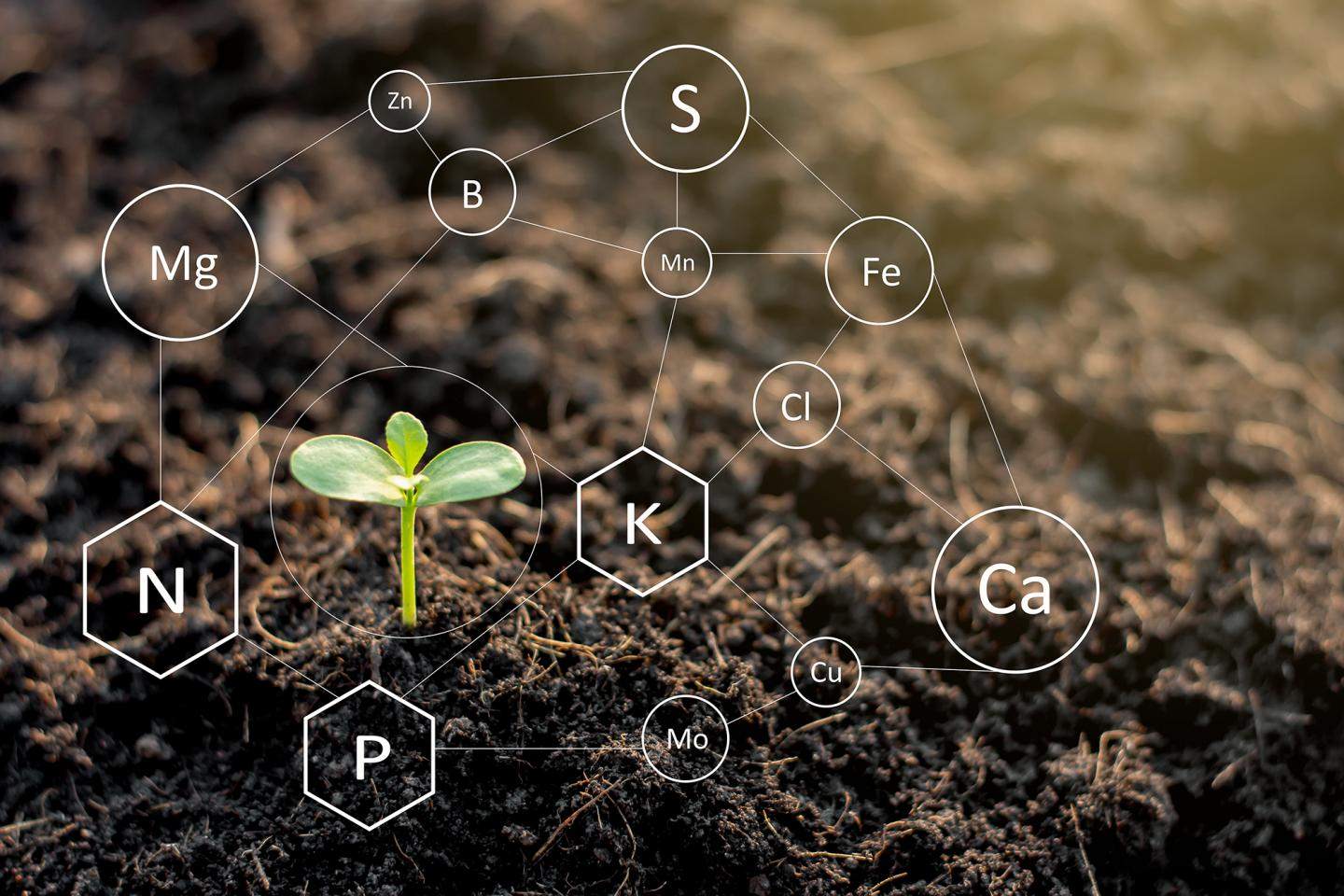Nitrogen is fully under discussion in the Netherlands after the Council of State's opinion on the Nitrogen Approach Program (PAS in Dutch). In order to limit the impact of nitrogen deposition on the soil, closed-loop agriculture is proposed as a more viable approach. Real-life results from the Farmin-G concept show that adding magnesium to manure can offer advantages in this area.

Struvite
Decaying manure is a source of emissions, but well-matured manure is a valuable and important source of nutrients for the soil and gives no emissions. The Farmin-G concept enriches manure with magnesium to convert the ammonia (a nitrogen compound) into magnesium ammonium phosphate, or the fertilizer struvite. The ammonia is therefore to a lesser extent released into the air. A literature scan carried out by Wageningen University shows this effect, but also states that the nitrogen can partially be released later after the application. A portion of the nitrogen is delivered to the plant in a controlled manner due to the slow release from struvite.
Real-life cases
In practice, a number of dairy farmers have been adding magnesium to the manure for a long time. After using enriched manure for a longer period of time, users report that less fertilizer is required to achieve the desired crop yield. In addition, this gives an emission reduction in the manure cellars.
Research and developments
Using less fertilizer while having a rich breeding ground thanks to enriched manure is a great achievement that fits in closed-loop agriculture. Nedmag supports these developments and research for and by partner Farmin.
For more information, contact our sales department or visit the website (Dutch only):
www.Farmin.nl